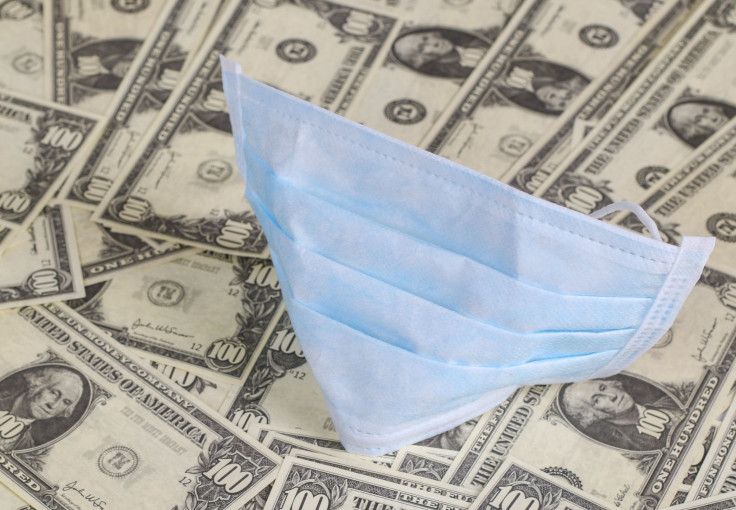COVID-19 Relief: Texas Man Charged For Filing Bogus $5 Million Small Business Claim

KEY POINTS
- Texas local Samuel Yates is charged for filing a bogus small business claim
- He used fake documents to receive $5 million from the CARES Act
- The DOJ charged him for bank fraud, wire fraud and making false statements
A man from Texas is facing charges of fraud for allegedly filing bogus small business claims amounting to more than $5 million as covered by the Coronavirus Aid, Relief, and Economic Security (CARES) Act.
Samuel Yates, a 32-year-old resident of Maud, Texas, reportedly filed two applications for COVID-19 relief loans, through the Paycheck Protection Program (PPP) guaranteed by the Small Business Administration (SBA), at two separate local banks.
He claimed that he has a business supporting 400 employees in the first application, thus requiring a monthly payroll of $2 million. Yates also obtained another loan for $500,000 by stating that his business has 100 workers.
But the Department of Justice said in a press release that Yates has no staff working for him. Court records from the U.S. District Court in Texarkana, Texas, revealed that Yates used a random name generator for his employee list and also filed forged tax documents.
"This defendant allegedly sought to steal millions of dollars in loans intended to aid legitimate small businesses grappling with the economic effects of COVID-19,” Assistant Attorney General Brian A. Benczkowski of the Justice Department’s Criminal Division said in the statement. “The department and our law enforcement partners will use all the tools at our disposal to investigate and prosecute frauds against the Paycheck Protection Program.”
Yates has been charged with bank fraud, wire fraud, false statements to a financial institution, and false statements to the SBA, per Fox News.
The CARES Act was enacted on March 29, 2020, to provide financial assistance to individuals and small businesses affected by the coronavirus pandemic. In April, Congress also approved an additional $300 billion for PPP loans.
PPP loans are supposed to be used by businesses for paying rent, mortgages, utilities, as well as the staff's payroll. The loans have a maturity of two years and a 1% interest rate.
“Any time the government provides large amounts of money to the public there are people who will try to cheat the system,” U.S. Attorney Joseph Brown of the Eastern District of Texas said, following the charges against Yates. “We encourage lenders to be very careful, and to report suspicious applications.”
© Copyright IBTimes 2025. All rights reserved.





















